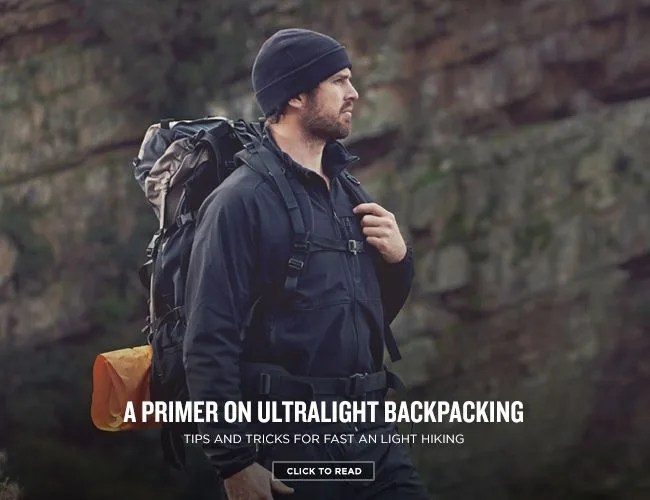Any adventurer who has ever watched an episode of Man vs. Wild has romanticized him or herself in a survival situation, where their primitive skills are put to the test and ultimately allow them to overcome the wilderness’s stark challenges. Building shelters from branches. Starting fires by hand. Eating bugs and building game traps. There’s something enticing about this type of bare-bones subsistence — something that takes us back to being boys, when our daydreams were indulgent and we truly believed that there was no mountain high enough when it came to our abilities.

Hopefully, though, common sense kicks in. On second thought, it turns out that being stranded in the wilderness without any supplies wouldn’t really be that much fun at all. It would be extremely frightening, in fact, and finding myself in such a predicament would actually be a testament against my outdoor skills, not an endorsement for them. The mark of a great adventurer is avoiding survival situations in the first place by taking proper precautions, not finding some sort of macho pride in getting yourself into and out of trouble.
Still, it is not hard to see why the art of survival is easy to glamorize. And the underlying concept — Man vs. Wild in controlled, realistic form — rings truest in minimalist backcountry camping, the act of intentionally tackling the wilderness with nominal supplies. It draws a very thick line between needs versus wants. Only what is needed to survive is carried — nothing more — and value is placed on practicality above all else. Think stoves made from soda cans, tarps instead of tents, and light approach shoes in favor of heavy hiking boots.
I’d argue that you need not replace your propane stove with a soda can to be considered a minimalist camper nowadays. All you have to do is carry less weight.
The roots of minimalist camping trace back to the lifestyles of nomadic tribes who hunted, built shelters on the go and made the most of every resource they encountered. But more recently, modern gear — ultralight, no-frills stuff at affordable prices — has caught up, making the concept feasible for modern camping. In fact, I’d argue that you need not replace your propane stove with a soda can to be considered a minimalist camper nowadays. All you have to do is carry less weight.
For example, REI defines a minimalist camper as someone who carries a pack weight of 12 pounds or less, and someone who carries between 12 and 20 pounds as an “ultralight camper”. I’m not going to split hairs. The wilderness is where I go to escape boxes and definitions, and to me, minimalist camping can be different for everyone. The point of the approach is to challenge your perceptions of what you actually need and to encourage an interaction with the wilderness on a deeper level. In that, we should all be able to experiment in our own way and check the definitions at the door.

